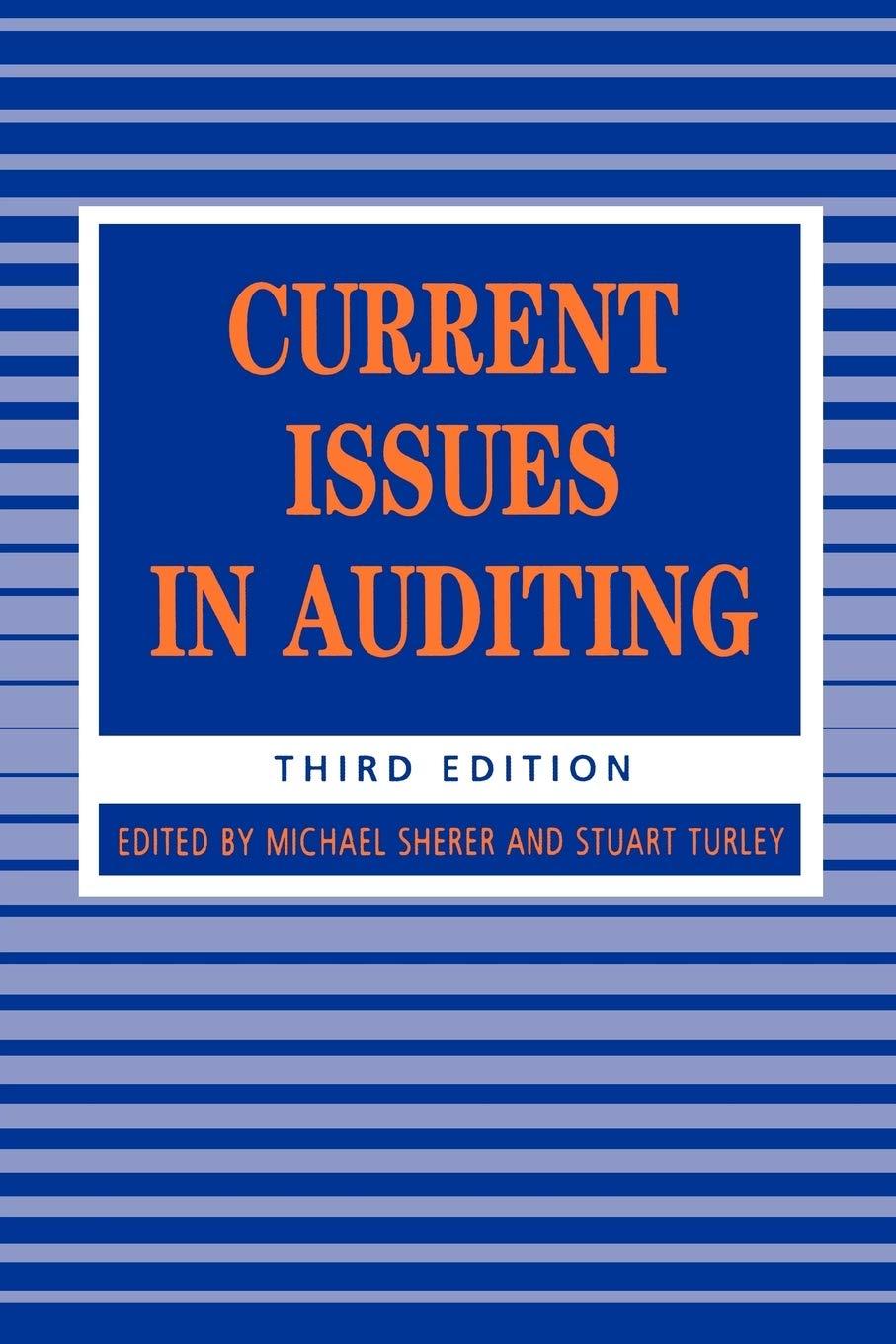Question
Problem 6-7A Gross profit comparisons and cost flow assumptionsperpetual LO2, 3 Ontario Skateboard Company has the following inventory and purchases during the fiscal year ended
Problem 6-7A Gross profit comparisons and cost flow assumptionsperpetual LO2, 3 Ontario Skateboard Company has the following inventory and purchases during the fiscal year ended December 31, 2020.
| Beginning Inventory | 310 | units | @ | $ | 87/unit | ||||
| March | 10 | purchased | 229 | units | @ | $ | 90/unit | ||
| March | 20 | sold | 401 | units | @ | $ | 173/unit | ||
| May | 13 | purchased | 299 | units | @ | $ | 83/unit | ||
| August | 5 | purchased | 286 | units | @ | $ | 76/unit | ||
| September | 10 | sold | 520 | units | @ | $ | 173/unit | ||
Ontario Skateboard Company employs a perpetual inventory system. Required: 1. Calculate the dollar value of ending inventory and cost of goods sold using: (Do not round intermediate calculations. Round the final answers to 2 decimal places. Round weighted average all unit costs to two decimal places.)
a. FIFO Ending Inventory Cost of Goods sold
b. Moving weighted average Ending Inventory Cost of goods sold
2. Using your calculations from Part 1, complete the following schedule: (Do not round intermediate calculations. Round the final answers to 2 decimal places. Round weighted average all unit costs to two decimal places.)
Sales FIFO Moving weighted average
Cost of Goods sold FIFO Moving Weighted Average
Gross Profit FIFO Moving Weighted Average
Step by Step Solution
There are 3 Steps involved in it
Step: 1

Get Instant Access to Expert-Tailored Solutions
See step-by-step solutions with expert insights and AI powered tools for academic success
Step: 2

Step: 3

Ace Your Homework with AI
Get the answers you need in no time with our AI-driven, step-by-step assistance
Get Started


